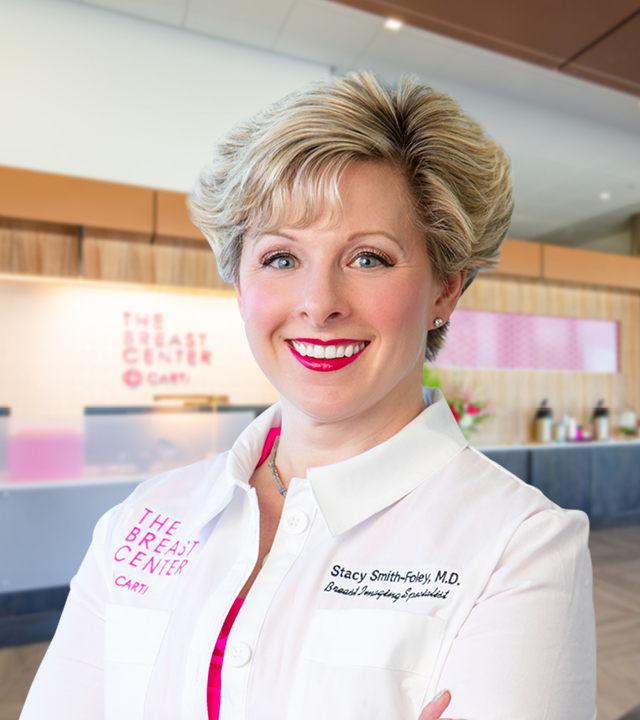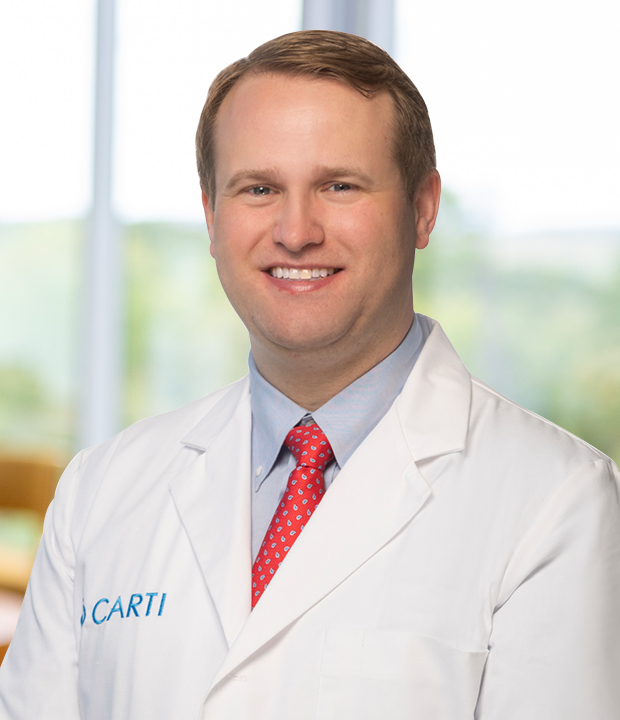Significant Drop in Colorectal Cancer Diagnosis Credited to Early Detection, Screenings

Colorectal cancer diagnosis has reportedly dropped by 30 percent in the United States over the past 10 years, according to a new report released this month by the American Cancer Society.
“The news is certainly encouraging, and the timing could not be better,” says Rhonda Gentry, M.D., CARTI medical oncologist/hematologist. Released on March 17, the report comes during the annual observance of Colorectal Cancer Awareness Month. ”While the news is exciting, it is important to temper that excitement with a bit of measured perspective,” says Dr. Gentry.
Despite declining incidence rates over the past two decades, colorectal cancer remains the third most common cancer in the United States among both men and women, according to statistics reported by the American Cancer Society.
Researchers responsible for the report credit their finding to an increase in the number of people being screened for colorectal cancer and catching the disease in its earliest stages.
“As always, early detection is the key to prevention when it comes to cancer,” says Dr. Gentry. “The most effective prevention of colon cancer is early detection and removal of precancerous colon polyps before they turn serious, and that’s what makes colorectal cancer screening so important.”
Projecting almost 97,000 new cases of colon cancer and approximately 40,000 new cases of rectal cancers to be diagnosed this year, the American Cancer Society currently places the lifetime risk of developing colorectal cancer at one in every 20 people, with the risk slightly higher for men than women.
According to the American Cancer Society, screenings are key to catching colorectal cancer in its earliest stages. When detected early, survival rates for colorectal cancer can be as high as 90 percent. Due to low colorectal screening rates, however, only 40 percent of diagnosed colorectal cancer cases are caught in the early stage.
There are a number of warning signs people can look for to determine the need for colorectal cancer screening. Among the potential warning signs for colorectal cancer are: rectal bleeding (red blood in stools or black stools); abdominal cramps; constipation alternating with diarrhea; an urge to have a bowel movement that is not relieved upon doing so; unintended weight loss; and unexplained weakness or fatigue.
Current screening guidelines recommend that men and women, starting at age 50, should follow one of five testing schedules suggested by the American Cancer Society, which include: yearly fecal occult blood testing (FOBT) or fecal immunochemical testing (FIT); undergoing flexible sigmoidoscopy every five years; yearly FOBT or FIT, plus flexible sigmoidoscopy every five years; undergoing a double-contrast barium enema every five years; or undergoing a colonoscopy every 10 years. All positive tests should be followed up with a colonoscopy.
“It is also important to understand the difference between screening and diagnosis,” says Dr. Gentry. “Screenings are used to detect the potential presence of cancer. Positive screening results, therefore, are not intended to serve as a definite confirmation or diagnosis of cancer. Screenings are just an indicator that further investigation is warranted.”
Individuals receiving positive screening results are generally referred to their primary care physician or a specialist who can then use screening results to either diagnose or dismiss the actual presence of cancer.
Colorectal screening should begin earlier and continue more often for people: with a personal history of colorectal cancer or adenomatous polyps; a strong family history of colorectal cancer or polyps; a personal history of chronic inflammatory bowel disease; or a family history of a hereditary colorectal cancer syndrome.
CARTI is a nonprofit, multi-disciplinary cancer center with facilities located throughout Arkansas. The CARTI Foundation was incorporated in 1983 as a non-profit organization to assist CARTI in meeting the current and future needs of Arkansas cancer patients and their families.






